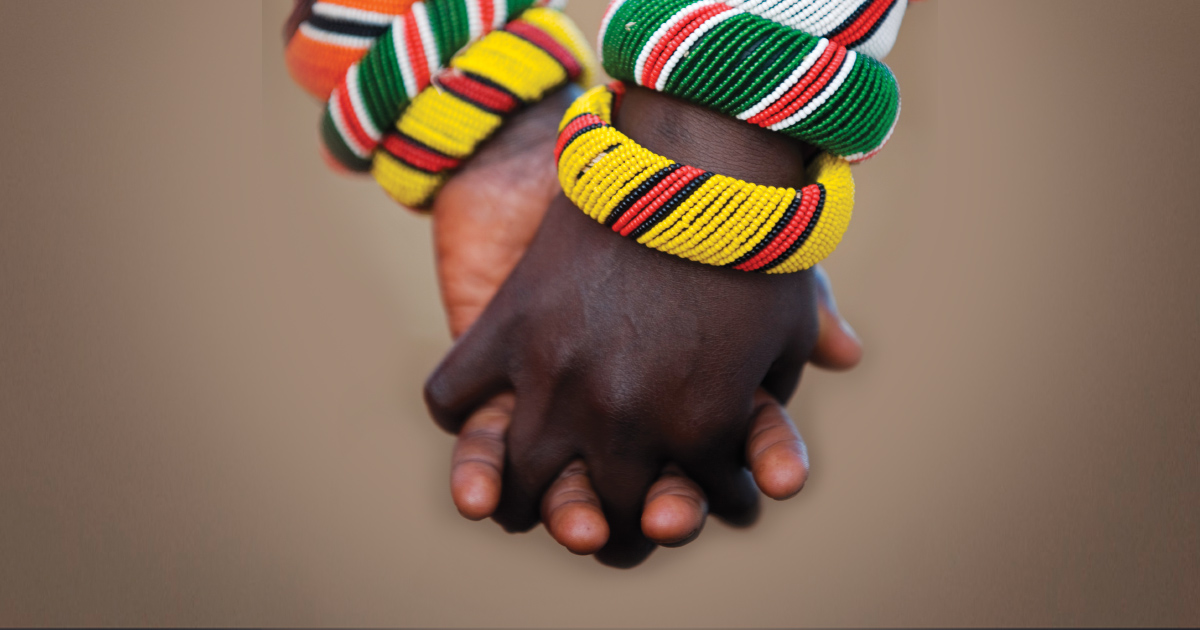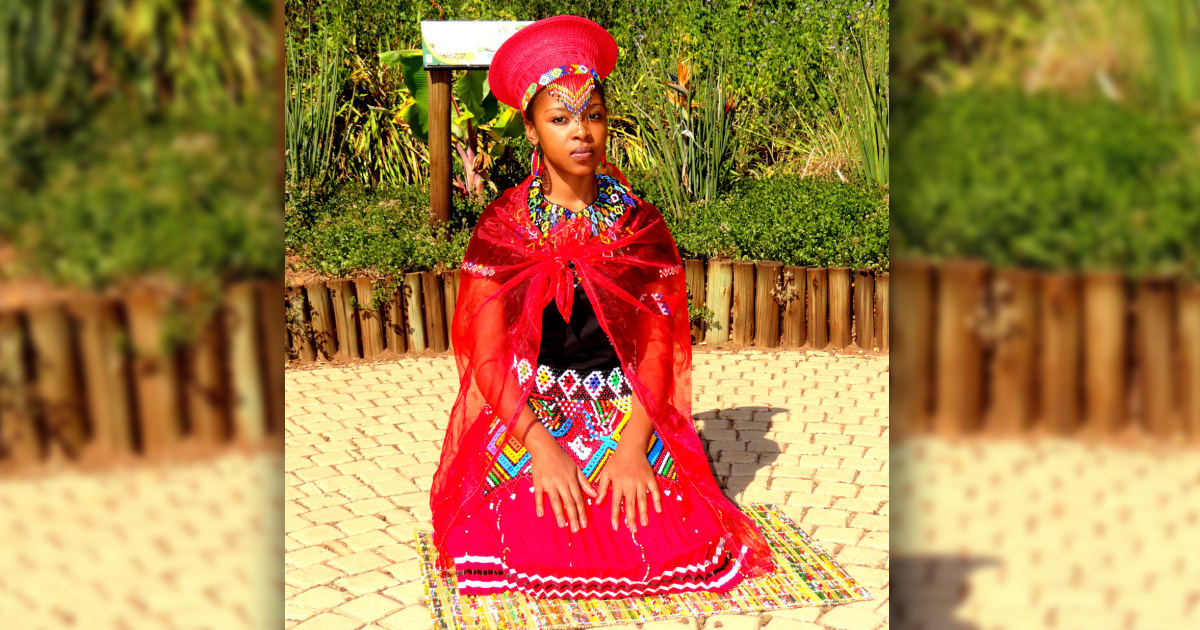The customary way

What, exactly, is a customary marriage and what rights do women have in this type of union?
According to Cheryl Webb of the Family Law Clinic, a customary marriage is ‘a marriage negotiated, celebrated or concluded according to any of the systems of indigenous African customary law that exist in South Africa.’ In other words, your union will be based on an agreement (usually between family members like fathers or uncles) that sees the bride handed over to her new husband. The rules and regulations of this agreement are usually determined by the local chief or the family’s culture, she adds. The Recognition of Customary Marriages Act 120 of 1998 officially formalised customary marriages, which have since been considered as valid as any civil union.
THE RULES
According to Legalwise.co.za, in November 2000 the Act was amended to include a number of new rules: In order for a customary union to be lawful, the people getting married must be at least 18 years old. If they have yet to turn 18, they can only marry if their parents or guardians have given consent. Importantly, both the husband and wife must give consent. If one of them is not in a position to do so – for example, if one of the people involved is deemed to be mentally unwell – the marriage may not go ahead. Added to this, blood relatives are not allowed to marry. Although the Act does not specify the need for lobola to be paid, this is usually part of the customs involved in a marriage.
THE MUST-DOS
The Act states that a customary marriage must be registered at the Department of Home Affairs within three months for it to be valid. Once you have provided sufficient proof of your marriage to the registering officer, such as a letter signed by parties involved in the negotiations, you will be issued with a registration certificate. This is an important document because it is your proof that your customary marriage exists, and is your safeguard in case disputes arise further down the line. Although Webb notes that failing to register the marriage doesn’t mean that the marriage never took place, it certainly simplifies matters in case of death or divorce. ‘Don’t forget to provide the registering officer with as many details as possible, including dates, delegates, lobola (if paid),’ she advises.
NEED TO KNOW
People in a customary marriage are able to enter more than one marriage, but only if these other marriages are also customary. It’s also important to understand that you can go on to have a civil marriage with your partner, but if you do so, you will not be able to have a polygamous marriage.
YOUR RIGHTS
Webb says that a wife in a customary marriage has ‘on the basis of equality with her husband and subject to the matrimonial system governing the marriage’, full status and capacity. Simply put, you have the same rights as a wife married in a civil ceremony, including the right to acquire or dispose of assets and to enter into contracts. For example, if you’re married in community of property, you share all property evenly with your husband, including everything you owned before you got married and everything you have accumulated since.
REAL-LIFE STORIES
Lerato Maluleke
My husband and I had no children together, but he took care of me and the household. He passed away six months ago. He paid lobola four years ago, but not the full amount. We lived together for more than 10 years, but after his passing, his family chased me out of the house. He did not have a will. What are my rights?
WHAT OUR EXPERT SAYS
All customary marriages take place in community of property, which means husband and wife have an equal share in all assets (unless they have an antenuptial contract). The wife’s rights and status are equal to her husband’s and she has full claim against pension, property and all assets. Lerato can lodge a claim with the master of deceased estates and get an eviction order to remove the family from the property. It may be best to appoint an attorney or seek legal aid.
Thandi Mabaso
I have been in a customary marriage for a year. My partner just got a job with medical aid, but the scheme does not want to include me as we don’t have a marriage certificate. Help!
WHAT OUR EXPERT SAYS
If you register the marriage, you will receive a registration certificate, which you can then use as a motivation to be registered with the medical aid. This is essential, as some medical aids won’t allow the main member to register a partner or other dependent without proof of the relationship.
Related articles

Latest Jet club magazine
We’ve got the latest trends, exciting prizes and exclusive savings just for you!
Jet Club will not pass your details to anyone else. By clicking the subscribe button you confirm you have read and agree to the Jet Club Terms and conditions and Jet Club Privacy Statement.
Subscribe



